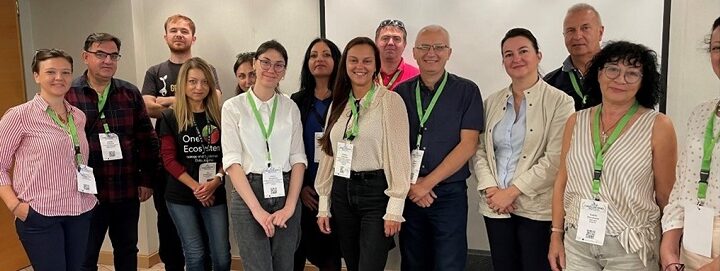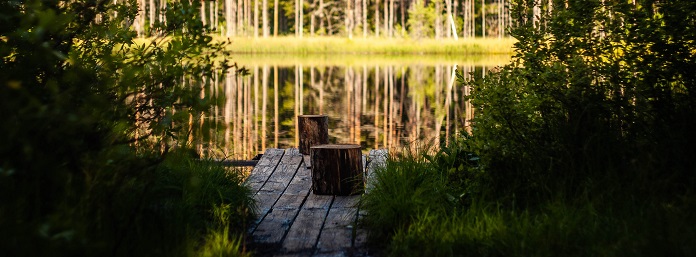ESP South-East Europe Regional Chapter and its leads, Stoyan Nedkov and Jeroen Arends supported by Hristina Prodanova and Vanya Stoycheva organized a regional session at the 4th ESP Europe Regional conference that took place in Heraklion, Greece from 10 to 14 October 2022.
The session O2 – “Biodiversity and ecosystem services in South-East Europe: Research challenges and application issues towards a community of practice” included participants from several countries (Bulgaria, North Macedonia and Turkey) and affiliations (academic, private sector, and students). The outcomes of the session include an idea to prepare a proposal for cross-walking and improving ecosystem mapping and ecosystem services; the development of a community of practice towards the exchange of knowledge and capacity building; interrelationships between different aspects of ecosystems mapping. [Read more…] about South-East Europe regional session O2 at the 4th ESP conference



